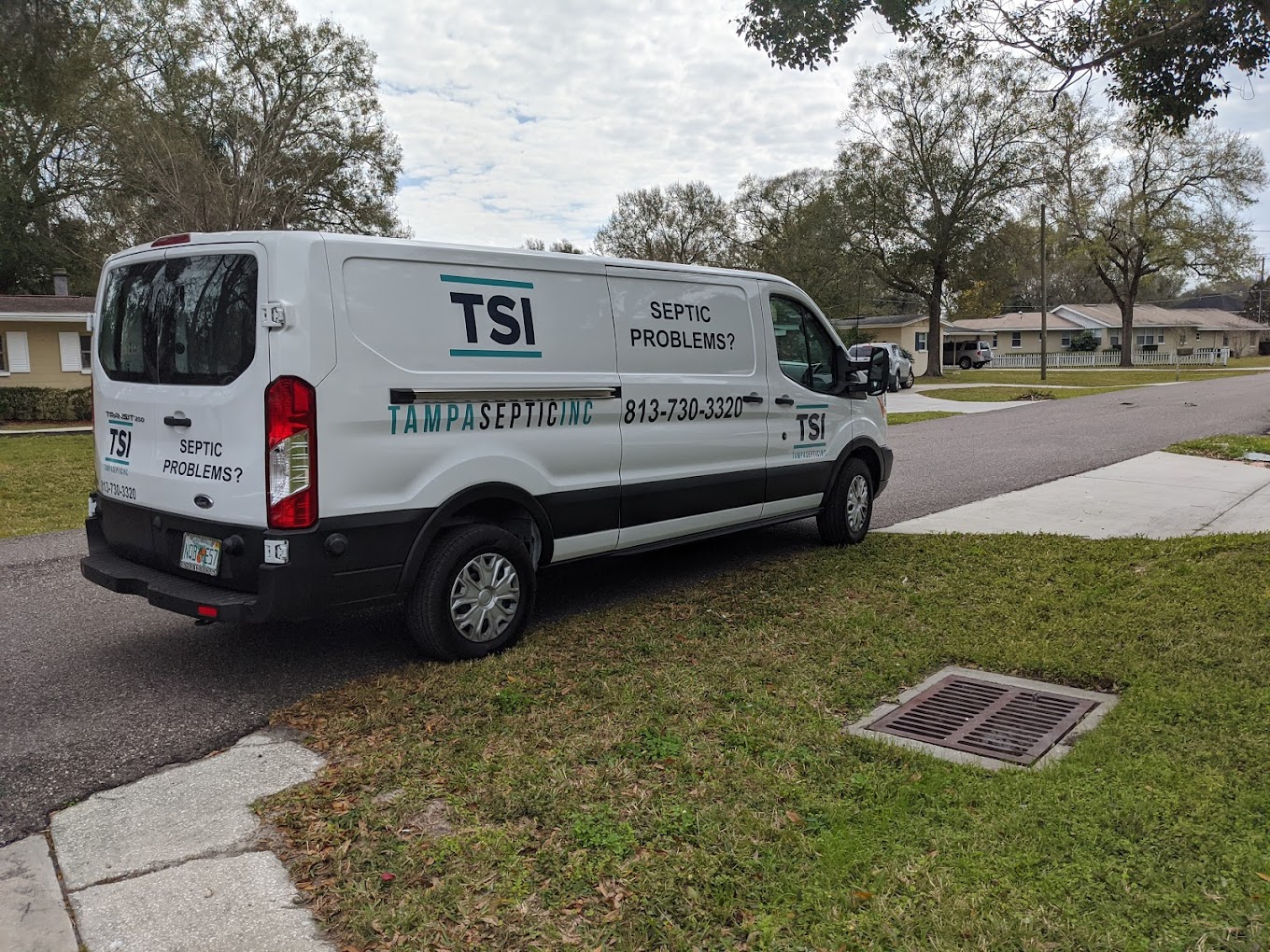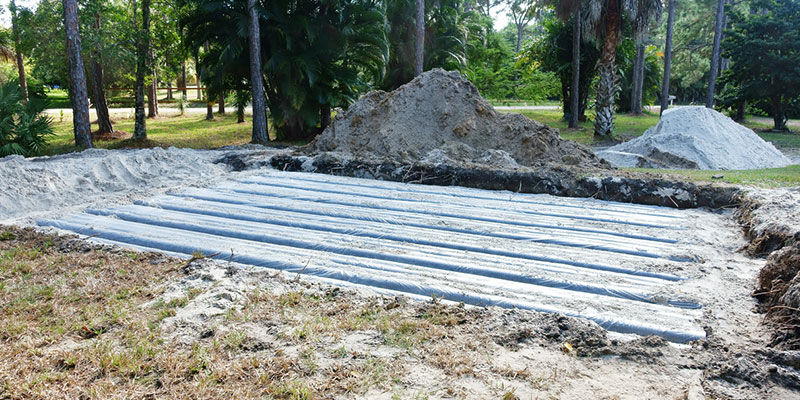 There are quite a few misconceptions floating around about the function of drain fields and how to tell if you have a drain field problem. This article is intended to clear up those muddy waters so that you’ll better understand its function and know when it is a good idea to place a call to your septic company. The first thing to know is that drain fields serve a vital role in your private wastewater treatment system. Most people concern themselves only with the health of the septic tank but neglecting drain fields can be a huge mistake.
There are quite a few misconceptions floating around about the function of drain fields and how to tell if you have a drain field problem. This article is intended to clear up those muddy waters so that you’ll better understand its function and know when it is a good idea to place a call to your septic company. The first thing to know is that drain fields serve a vital role in your private wastewater treatment system. Most people concern themselves only with the health of the septic tank but neglecting drain fields can be a huge mistake.
The first misconception to dispel is that it is normal to have lusher grass over the septic tank and drain field. This is actually an indication of a problem. In a properly working system, the solids stay in the septic tank and the effluent is filtered by the drain field as it flows normally down into the soils and ground water. If this is not occurring as it should, the nutrients in the waste are feeding the grass, making it lusher, instead of being contained in the septic tank. If drain fields are not filtering efficiently because they are overwhelmed or there are blockages, there’s more water left for the grass, also resulting in lushness.
The second misconception is that the efficiency of drain fields doesn’t really matter as long as you aren’t experiencing a backup in the house or in your yard. The reality is that a backup is imminent, and, in the meantime, it is allowing contamination of the soil and groundwater, which can affect not only your well water, but that of your neighborhood.
The best thing to do is have drain fields inspected regularly by a professional. Here at Tampa Septic, we are happy to provide septic system inspections as part of real estate transactions, as well as preventative care and peace of mind. Reach out today to learn more about our septic service or to schedule an appointment.




